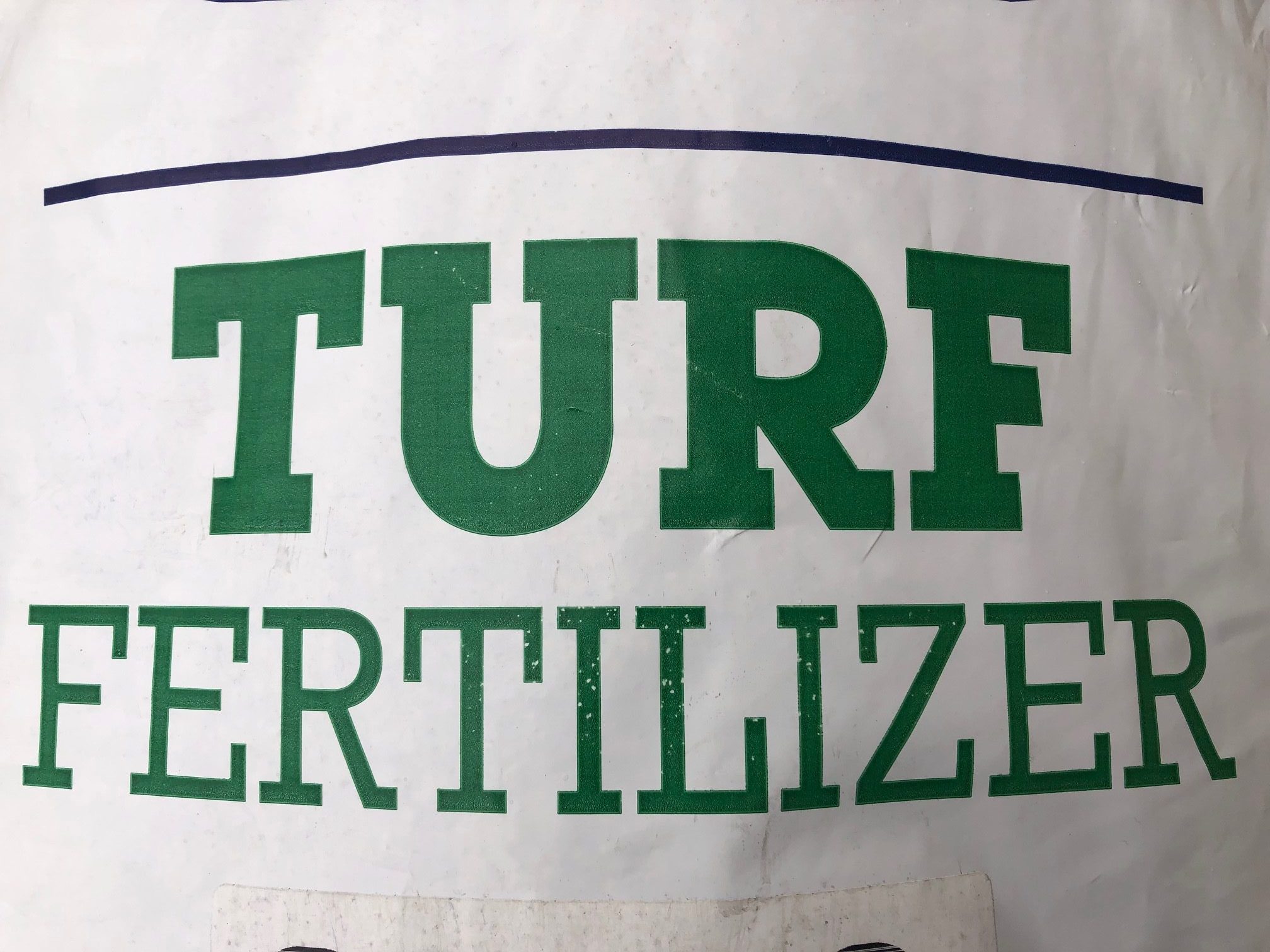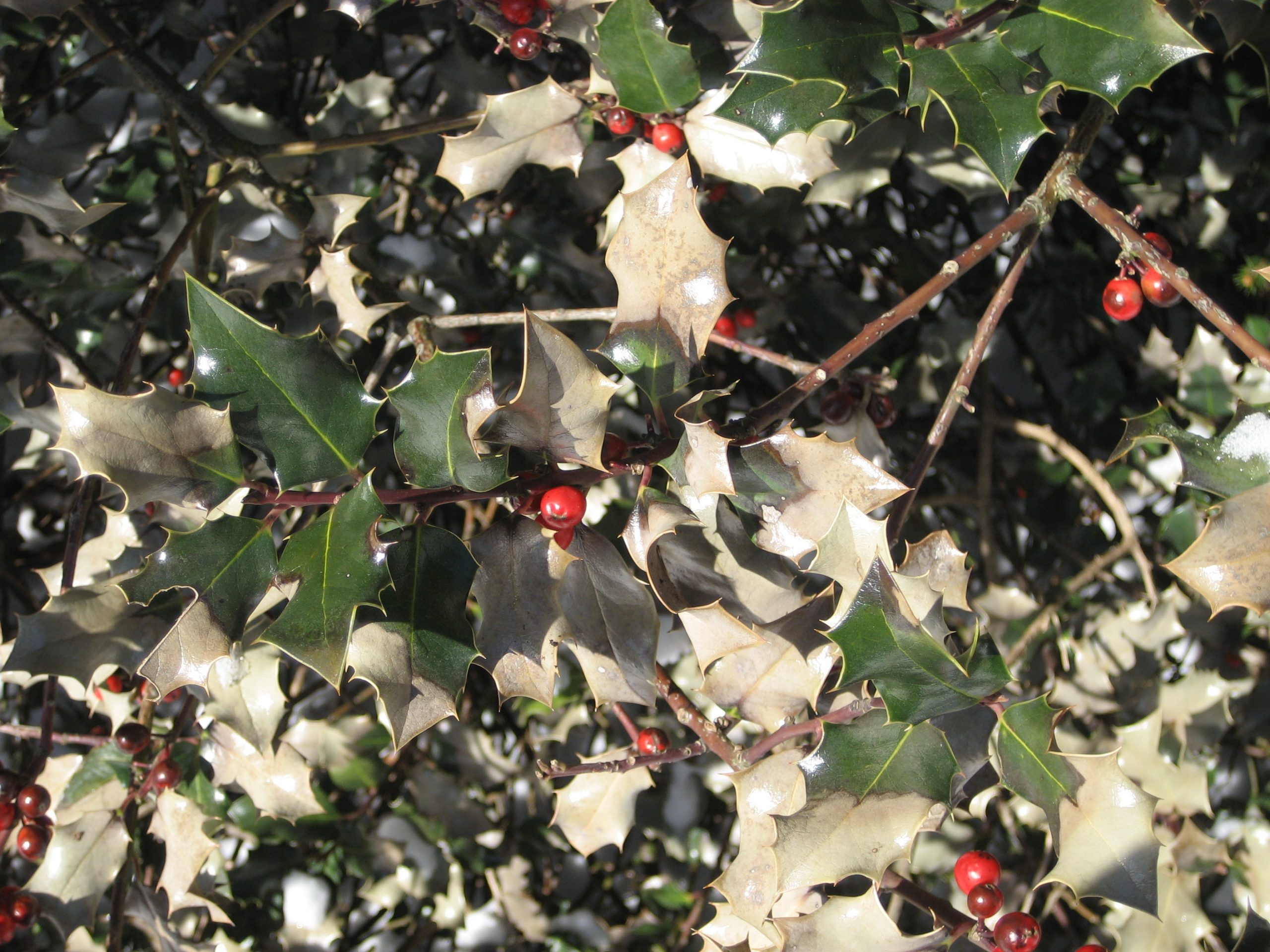Monthly Archives: December 2016
Are You Prepared to Comply with the New Jersey Fertilizer Laws?

What are the New Jersey fertilizer laws?
The New Jersey fertilizer laws were signed into effect by Governor Chris Christie on January 5, 2011. It is one of the most restrictive fertilizer laws in the nation for good reasons. It was enacted in three phases.
- Phase one- This required the use of best management practices to reduce the impacts of fertilizers on waterways, and provided public education regarding correct fertilizer use.
- Phase two- Initiated the creation of a certification program for professional fertilizer applicators and lawn care providers.
- Phase three- Required manufacturers to reformulate their fertilizers for New Jersey.
Why were the fertilizer laws enacted?
The New Jersey Fertilizer Laws were enacted to help protect waterways from having run off of fertilizer by setting new limits on the amount of nitrogen and phosphorus that can be applied on lawns as well as the times in which they can be applied. In addition, fertilizer companies and homeowners are required to clean up any fertilizer that has gotten onto hard surfaces such as patios, walkways, decks, sidewalks and roadways. Other factors that impact waterways include soil erosion, leaking septic systems, biological waste that makes its way into storm sewers, and even leaves washing into sewers and waterways.
How do the New Jersey fertilizer laws affect businesses?
A “blackout period” was imposed to restrict the timing in which fertilizers can be applied. This date range is from December 1st to March 1st for lawn care companies. Neither Nitrogen nor potassium can be applied between these dates.
In addition, businesses are now required to be licensed to apply fertilizer. This not only applies to established businesses, but anyone you hire to apply fertilizers must be licensed. To obtain this license, applicators are required to pass a test, take continuing education courses and pay an annual fee. It is illegal to apply fertilizer in New Jersey without this license.
Enforcement of this law will be done by the municipalities, counties, police, local soil conservation districts and the local health departments. Any of these parties can receive reports from citizens, community groups, and companies regarding the fertilizer applicators that are operating without proper certification. Professional lawn care applicators and homeowners that violate the law are subject to an initial fine of $500 and $1,000 for each subsequent offense thereafter.
This New Jersey state law also affects the fertilizer manufacturers. Since the law went into effect, the fertilizer manufacturers had to change their formulation of products to comply with New Jersey laws. These fertilizers are now required to contain 20% slow release nitrogen and 0% phosphorus. Phosphorus can be used if a soil test indicates a need for phosphorus or the lawn was recently seeded.
How do the New Jersey fertilizer laws affect the homeowner?
The “blackout period” for homeowners begins on November 15th and goes until March 1st. Homeowners will have a little less time to get their final fertilizer of the season completed since the blackout period starts sooner than for a professional fertilizer company.
If you are a “do it yourselfer” you want to make sure you purchase a fertilizer that is specifically made for lawns. If you purchase the lawn fertilizer from your local hardware store, nursery or co-op, it should already be reformulated to comply with New Jersey laws. Be sure to follow the instructions on the label when applying the product.
Have the New Jersey fertilizer laws benefited the environment?
The New Jersey Fertilizer Laws are a good thing for our state. As lawn care professionals, we are doing our part to help protect the environment. In addition to helping our environment, these laws also ensure businesses are operating legally through continuing education and testing.
Anti-Desiccants: Everything You Wanted to Know About Protecting your Plants During Cold Weather

What is desiccation?
In biology and ecology, desiccation refers to the drying out of a living organism. In your landscape plants, winter desiccation injury occurs when plants lose moisture from the leaves and do not have the ability to absorb water from the frozen soil. This moisture loss may cause your plant’s leaves and stems to dry out, resulting in discoloration of leaves and even death to stems and branches.
What is an anti-desiccant spray?
An anti-desiccant is a material applied to the foliage of evergreen plants to slow the rate at which moisture is lost.
How is an anti-desiccant spray applied?
An anti-desiccant, also called “anti-transparent” is a liquid spray. It is applied using a pump system which moves the material through a hose end sprayer. The liquid is sprayed onto the foliage until it is completely covered and there is slight run off of material. It will take about two to four hours for the material to dry. Once dry, it adheres to the target area and is in place to protect your plants.
Here is a video of anti-desiccant being applied:
How long will an anti-desiccant spray last?
Anti-desiccants are typically applied in November and December, and will last for a couple of months. The material gradually wears off and will be gone by springtime. In areas that experience cold harsh winters, like New Jersey, multiple treatments are recommended to ensure the material is in place to protect the plant all winter long.
Do I need an anti-desiccant spray?
If you live in New Jersey and have broadleaf evergreens (plants that keep their foliage all winter) then the answer is yes. New Jersey can have drastic fluctuations in temperature as well as high winds during the winter, both of which can accelerate moisture loss in plants. Anti-desiccant applications are very beneficial for plants exposed to wind and/or full sun that will lose moisture faster than ones which are protected from the wind and in shade.
Warning- Not all plants should get anti-desiccant treatments. Do not spray an anti-desiccant on waxy-blue conifers such as blue spruce.
What can I do to protect my plants from winter injury?
The first step is an anti-desiccant application. This will help your plants hold moisture by providing protection against evaporation and slowing down moisture loss. It will also protect the foliage from accelerated moisture loss due to wind. This spray will break down over time, so it’s a good idea to have the trees and shrubs treated regularly in the winter to extend the anti-desiccant spray longevity.
Next, you may wrap your plants with burlap. For small plants, you may wrap the burlap over or around the plants and secure it with twine. For moderate to large plants, you may drive stakes into the ground around the plant and then secure the burlap to the stakes using staples. This creates a “screen” or “windbreak” around the plant. Burlap and stakes can be purchased from most garden centers, improvement stores, nurseries and co-ops.
There are also rolls of tape that can be purchased to wrap around the bark of smaller trees. This will help reduce splitting of the bark that can be caused by large changes in temperature during the winter. Split bark can cause damage or disease to the interior (cambium) of the tree, leading to permanent injury or death.
Water the plants throughout the fall even as it gets cooler out. In the fall, plants are still growing and require good soil moisture to do so. Keeping the soil around the roots moist until the ground freezes will ensure the plants have adequate moisture going into the winter.
Another helpful tip is maintaining proper mulch levels in your landscape beds. 2 to 3 inches of mulch will insulate the soil and help regulate soil temperatures throughout the year. Please note that mulch should not be piled high on the trunk of trees or covering the shrubs. This will lead to decay and damage in the future.
Conclusion
An anti-desiccant treatment should be applied to your broadleaf evergreens prior to and in many cases during the winter months to minimize moisture loss. Minimizing moisture loss will not only maintain the look of your landscape throughout the winter but will also reduce stress on your plants. In areas with high wind, like New Jersey, a burlap wrap is also recommended for certain broadleaf evergreens which are susceptible to winter damage. It is best you do everything you can to protect your landscape from winter damage and overall plant health going into the winter can play a key role. Improve your plant’s health during the year with proper cultural practices and regular fertilization to maintain a beautiful landscape.
If you are in our service area and have any questions about protecting your plants this winter, please give our office a call at 908-281-7888




